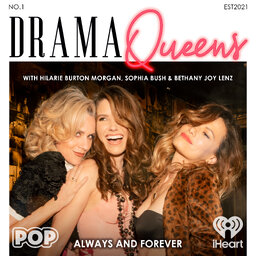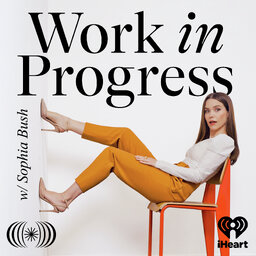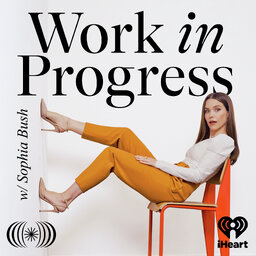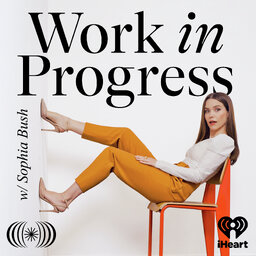Work in Progress: David Oyelowo
One of our favorite guests is back on the pod! Multi-award-winning actor, producer, director, and proud father David Oyelowo has been very busy in front of and behind the camera! Currently, he can be seen in his Apple TV+ series “Government Cheese,” and if you love the art of acting, this chat is not to be missed!
The actor joins Sophia for a revealing conversation about his new show and the long road to getting it made, being a forever student of acting and storytelling, the things you can’t learn in drama school, the sheer amount of rejection you will face in this industry, and the key to successfully pitching projects!
Plus, he chats about him and his wife being “half empty nesters,” how he feels about his son going to the same drama school he did, and his current work in progress!
 Work in Progress with Sophia Bush
Work in Progress with Sophia Bush



